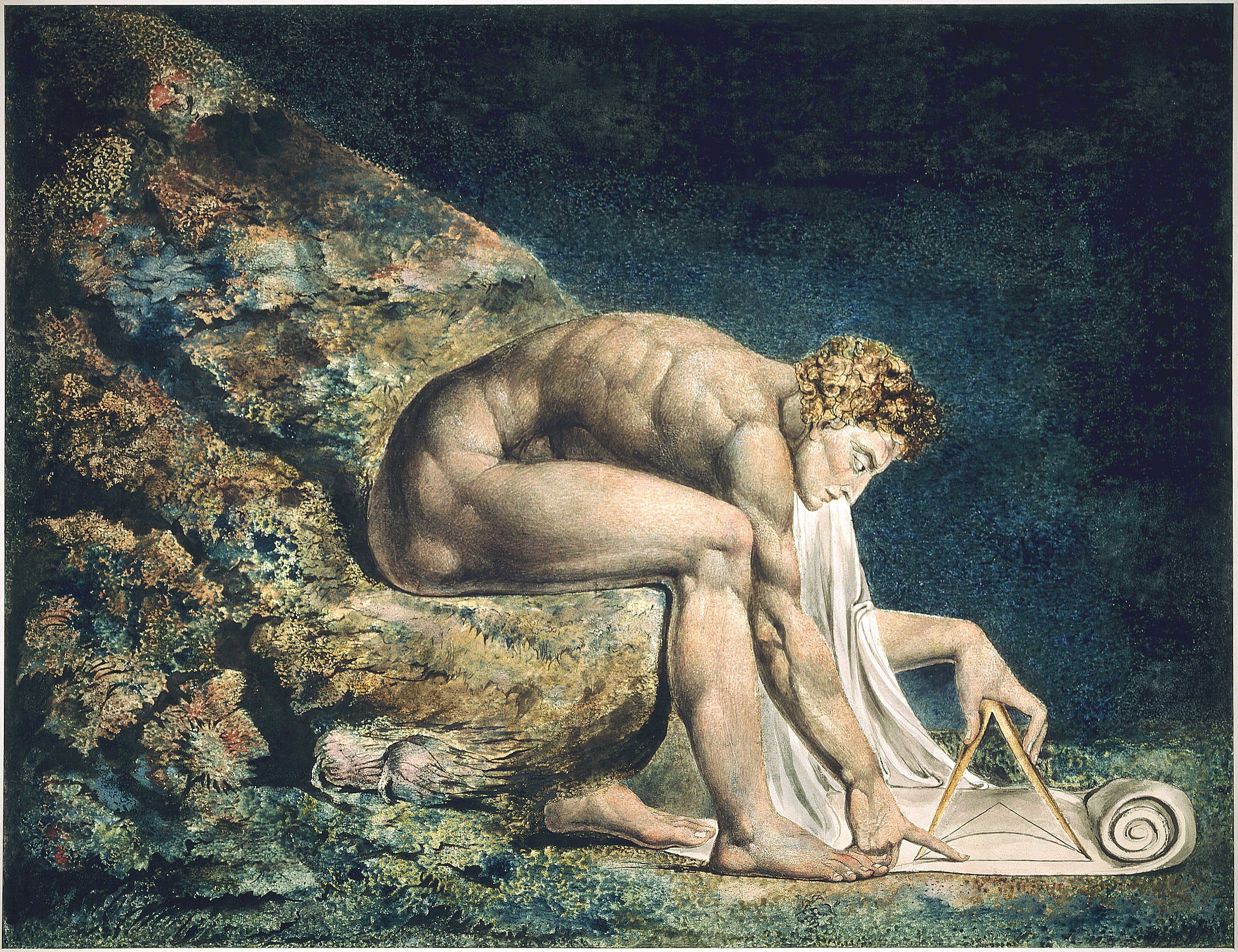

 |
 |
|
|
Misak Sargsian M,W 6:25-7:40pm, CP101 Office Hours M,W - 3:30-4:30pm, CP224, sargsian@fiu.edu, 305-348-3954 Lectures 1-4:Series (1) Infinite Series (2) Series of Functions (3) Taylor Expansion (4) Power Series (5) Uniqueness Theorem (6) Some Important Series Lectures 8-16: Vectors & Vector Analysis (1) Vectors (2) Scalar and Vector products, Levi Civita symbols (3) Scalar and Vector triple products (4) Orthogonal Transformations and Rotations (5) Differential Vector Operations, Gradient, Divergence and Curl (6) Laplacian (7) Vector Integrations (8) Gauss' and Stoke's Theorems (9) Scalar and Vector Potentials, Gauge fixing (10)Maxwell Equations through scalar and vector potentials (11)Gauss Law (12)Poisson's Equation (13)Helmholtz's Theorem Lectures 17: Curvilinear Coordinates (1) Orthogonal Coordinates in R3 (2) Integrals in Curvilinear Coordinates (3) Differential Operators in Curvilinear Coordinates (4) Circular Cylindrical Coordinates (5) Spherical Polar Coordinates Lectures 18-19 Matrices (1) (2) (3) (4) (5) Lectures 20-21 Line, Surface and Volume Integrals (1) (2) (3) (4) (5) Lectures 20-21: Complex Numbers and Function (1) Basic Properties (2) Functions in Complex Domain (3) Polar Representation (4) Complex Numbers of Unit Magnitude (5) Circular and Hyperbolic Functions (6) Powers and Roots (7) Logarithms Lectures 21-24: Complex Variable Theory (1) Cauchy-Riemann Conditions (2) Analytic Functions (3) Derivatives of Analytic Functions (4) Point at Infinity (5) Cauchy's Integral Theorem (6) Contour Integrals (7) Statement of Theorem (8) Cauchy's Theorem: Proof (9) Multiply Connected Regions (10) Cauchy's Integral Formula (11)Derivatives (12)Morera's Theorem (13)Further Applications Lectures 25-: Complex Variable Theory (continuation) (1) Laurent Expansion (2) Taylor Expansion (3) Laurent Series (4) Singularities (5)Poles (6)Branch Points (7)Analytic Continuation (8)Calculus of Residues (9) Residue Theorem (10)Computing Residues (11)Cauchy Principal Value (12)Pole Expansion of Meromorphic Functions (13) Counting Poles and Zeroes (14)Product Expansion of Entire Functions (15)Evolution of Definite Integrals Lectures 25-: Mathematics of Quantum Computing Lectures 26-: Mathematics of Artificial Inteligence |
|